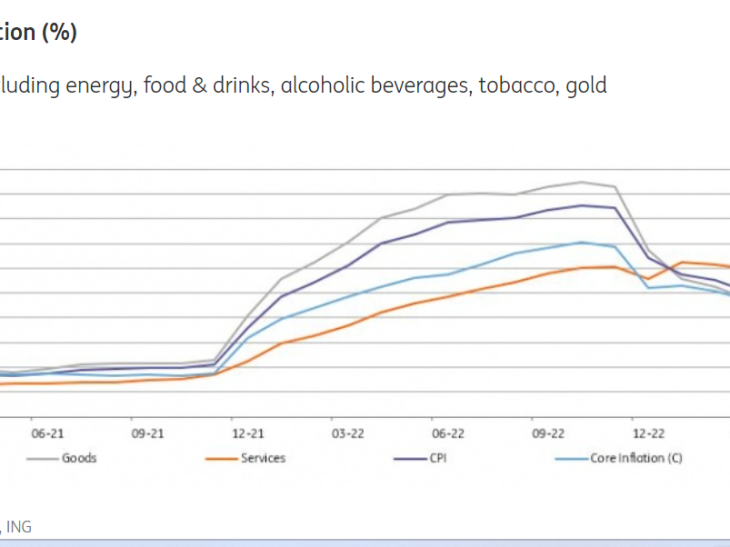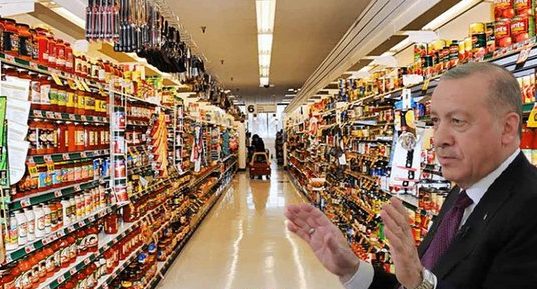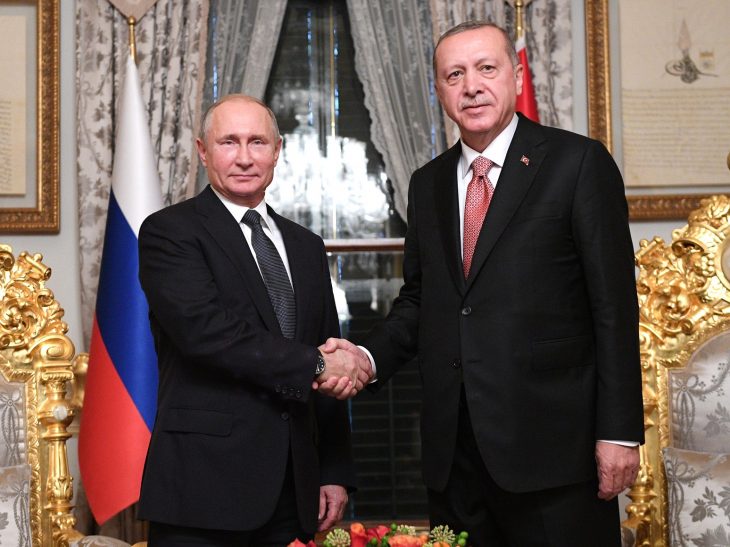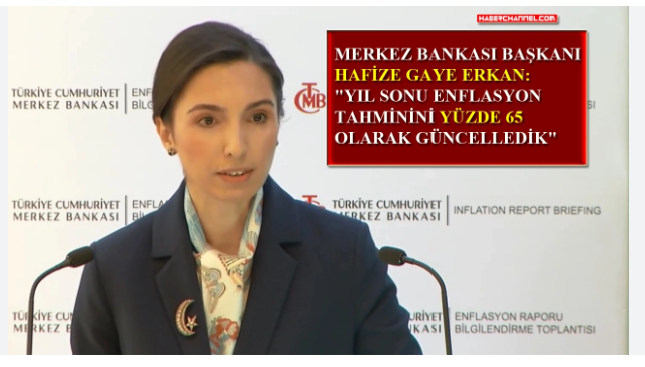Commentary: Soaring trade deficits, shrinking PMI and sickly consumer confidence
 tr-facebook
tr-facebook
Recent data reveals a weakening of economic activity in Turkey, which weakness is likely to deepen in the spring months. As February trade deficit grew to $7.88 billion from $3.35 billion in February, Friday’s manufacturing PMI fell below 50 after 10 months of expansion. Private broadcaster BloombergHT’s revered Consumer Confidence Index registered a meagre 2.13% rise Mom, but the level is only 46.29, miles away from the “consumer optimism” lower boundary of 100. Never ending energy prices hikes, eroding discretionary disposable incomes, and relentless pressure on the TL exchange rate augur ill for spring months.
Three Scourges of Turkish Economy: Unemployment, Inflation, and External Deficit
Consumer Confidence: Rising inflation expectations drive intensions to purchase
According to the survey agency compiling BloombergHT’s sentiment data: “In March, there is deterioration both at current perceptions and future expectations of consumers for the whole economy whereas tendency to consume and personal expectations slightly rose. Russia–Ukraine War and its reflections on financial markets seems to be the main driver of falling sentiment for the whole economy.
Bloomberg HT Consumer Expectations Index rose by 4.29 percent compared to end of February as of the index number 60.24. Bloomberg HT Consumption Tendency Index which tries to measure consumers’ stance on whether the current period is the right time to buy durable goods, autos and real estate is experiencing a rise of 7.56 percent to the value of 29.69. Rising inflation expectations might have contributed to the slight improvement of tendency to consume”.
Ukraine Crisis Could Cost Turkey $30 Billion
Yatirim Finansman Invest: Manufacturing PMI decreased to 49.4 in March vs 50.4
In a brief note, economists at Yatirim Finansman summarized March PMI data as follows:
- Slowdown trend reached to 4th month in production and 6th month new orders. Export orders lost momentum.
- Employment recorded the lowest level of gains in last 22 months.
- Losses in the Lira currency and the war leaded to increase on input (especially on oil) prices. Reflection to the prices of increasing costs leaded to one of the highest increase on final good prices since the beginning of the survey (2005).
- Delivery periods of the suppliers continue to extend.
- Purchasing activities of the firms recorded the sharpest drop since May 2020.
- Backlogs recorded the highest decrease in last 1 year.





